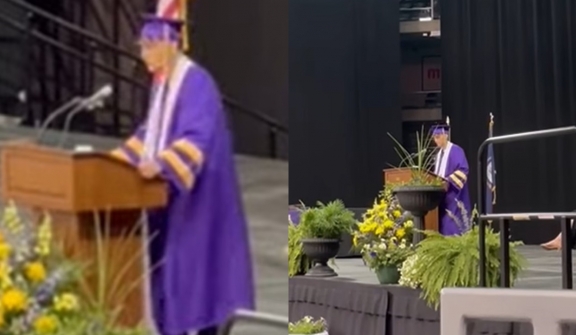
In a controversial incident, a graduate in Kentucky faced repercussions after deviating from his approved speech during the graduation ceremony.
The school withheld his diploma, igniting a debate about freedom of speech and religion within educational institutions.
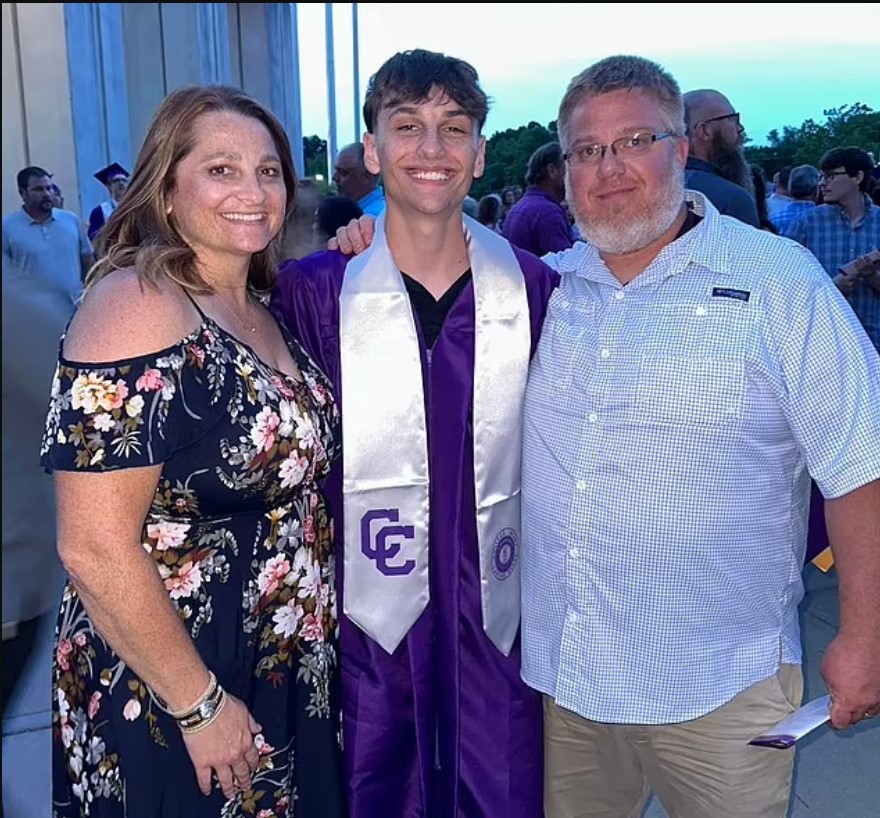
Micah Price, a student at Campbell County High School, was selected as one of the speakers for the graduation ceremony.
Initially, his written speech, which included thanking his "lord and savior Jesus Christ," was approved by the school administration.
However, during his actual speech, Micah went off-script and delved further into his faith, urging the audience to find God alongside him.
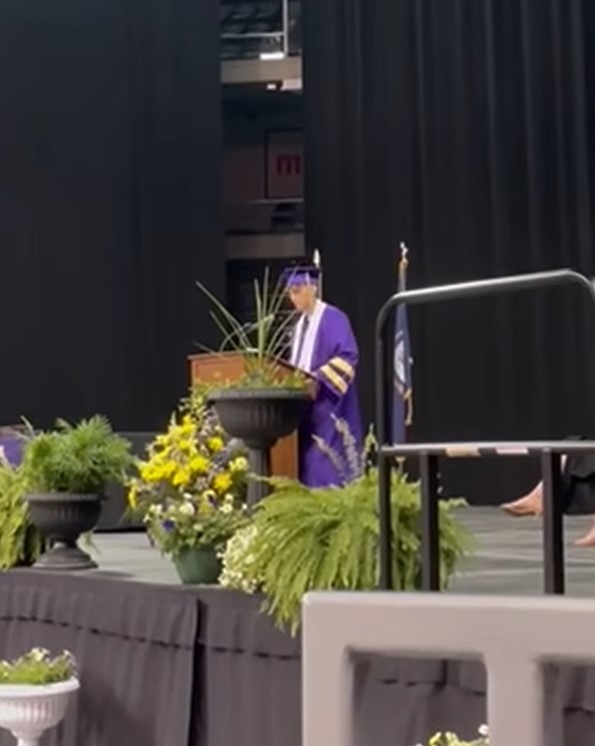
Micah faced immediate consequences for his actions. The school administrators faced strong criticism and chose to seize his diploma.
Superintendent Shelli Wilson explained that all speakers were warned in advance about the potential consequences of going off-script or making unplanned decisions.
The principal had to think about how it could affect other students and disrupt the planned event.
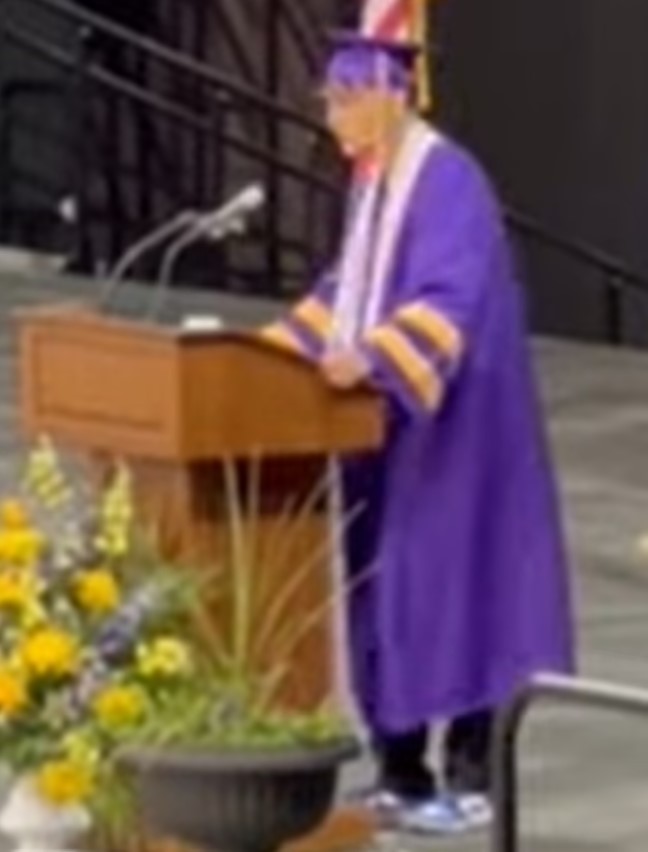
Some people backed Micah's right to express his beliefs, understanding the significance of freedom of religion and speech.
On the other hand, some argue that public schools should keep a distinction between religion and the government to create an inclusive environment for students with diverse religious backgrounds.
Micah himself acknowledged that he had violated the school's code and rules.
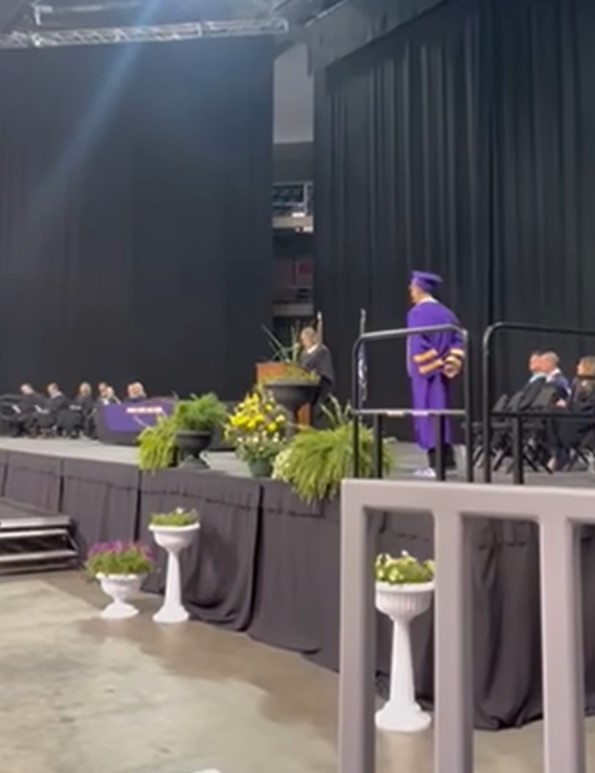
Despite the criticism he faced, he remained steadfast in his faith and encouraged those responding negatively to reflect on the teachings of love and acceptance found in the Bible.
Although Micah has officially graduated, he has yet to receive his physical diploma. A meeting with the principal has been scheduled to discuss the possibility of obtaining it.
Thomas Jefferson University, located in Philadelphia, Pennsylvania, has publicly expressed its regrets and issued an official apology for the significant mispronunciation of names during the event.
In their apology, Thomas Jefferson University's leadership and faculty expressed remorse and acknowledged their mistake.
They recognized the importance of accurately pronouncing the names of their graduating students and admitted that the mispronunciations were unacceptable.
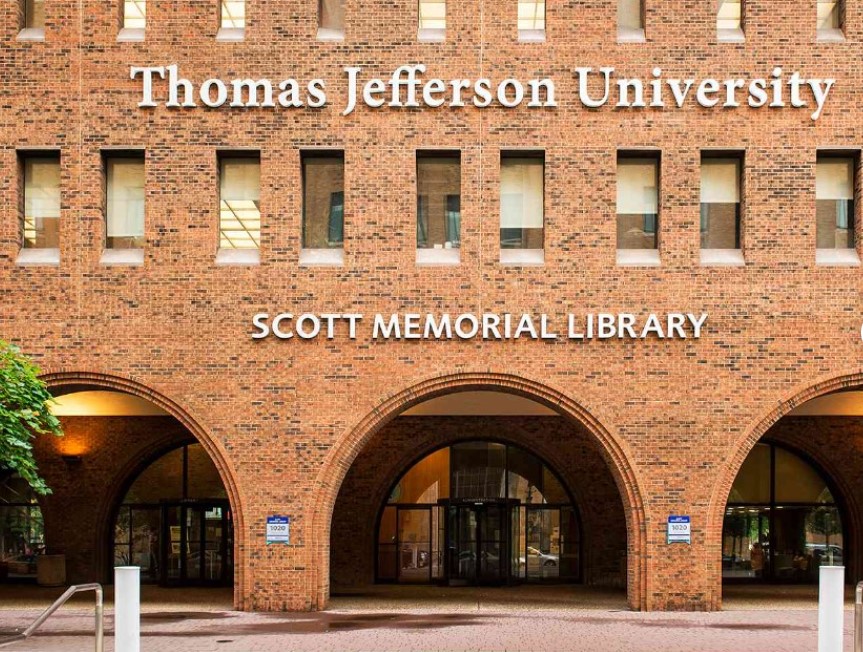
They explained that the errors occurred because they relied on the phonetic spelling or pronunciation provided on the students' cards.
They openly admitted that it would have been better to use a standardized book for reference. The mispronunciations affected several names, such as Jessica, Allison, Sarah, Louise, Virginia, Stephanie, Maeve, Molly, and Elizabeth.
Here are a few examples of the mispronunciations: instead of saying "Molly Elizabeth Camp," they said "Mollina—zabeth—cap," instead of "Maeve Elizabeth," they said "May-vee Lee Zu-beth," and instead of "Sarah Virginia Brennan," they said "Sayer Oo-voon Geen-goo Bree-none."
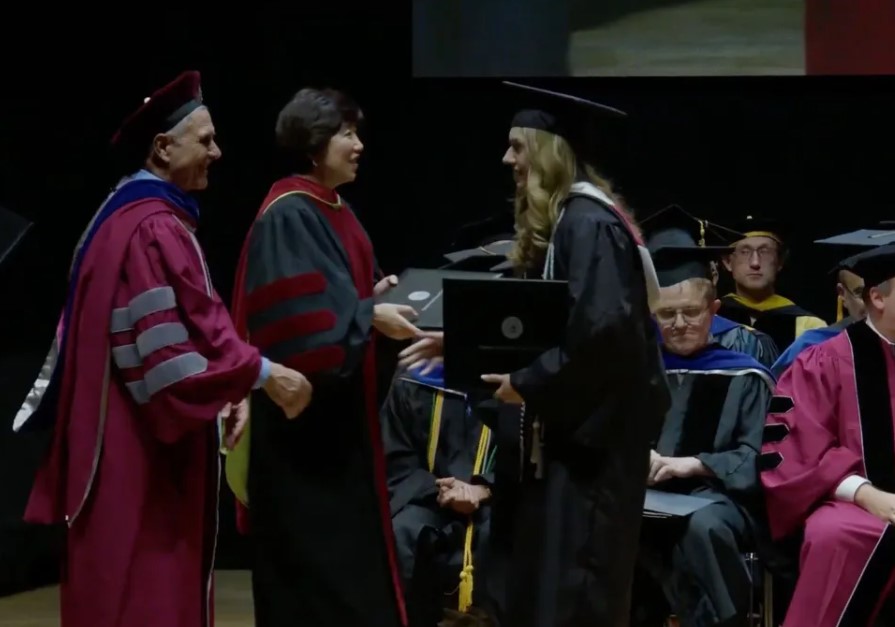
One particular mispronunciation that caught the attention of many attendees was the name "Tha-mo-may," which is the nickname of Thomas Michael Canevari Jr.
The presenter's attempt at pronouncing his name elicited disappointment from the audience, and the student himself corrected her by stating, "It's Thomas."




